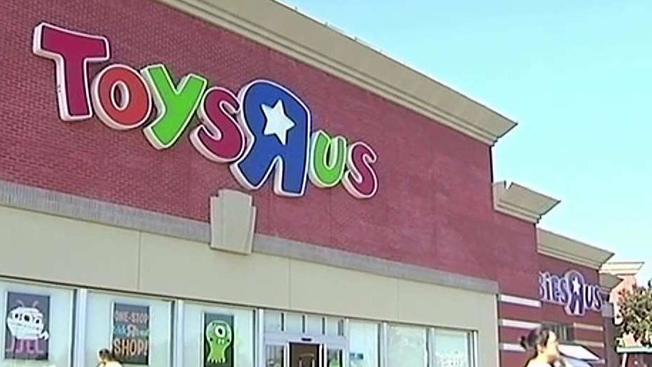
Miami-based Lennar Corp. is crossing over from traditional single-family homes to the realm of commercial real estate by way of its $243-million deal with the Federal Deposit Insurance Corp. The company says it bought two loan portfolios with an unpaid balance of just over $3 billion.
Lennar subsidiary Rialto Capital Advisors, which will conduct the day-to-day management and workout of the portfolios, contributed up to $5 million toward the loan purchase. Lennar indirectly acquired 40% managing member interests in the limited liability companies created to hold these loans.
The FDIC will retain the other 60% equity interest and provide $627 million of non-recourse financing at zero interest for seven years. The transactions include approximately 5,500 distressed residential and commercial real estate loans, 90% of which are non-performing, from 22 failed bank receiverships.
The real estate portfolio backing the loans consists of partially developed land, residential units, finished home sites as well as retail, office and industrial space, according to a filing with the Securities and Exchange Commission. The majority of the assets are in Florida, Georgia, Nevada and Arizona.
"Acquiring and working out distressed real estate loans was a large and extremely profitable part of our business during the last major real estate down cycle in the early 1990s," Stuart Miller, Lennar president and CEO, stated in a release. He noted that Lennar, founded in 1954, understands market cycles and point-of-entry opportunities, and has been preparing for such an investment over the past two years.
Analysts following Lennar give the company credit for its past history of capitalizing on market downturns. However, they warn that this recovery could be a lot more difficult.
"This is appropriate, but at the same time there are long-term risks given the unusually severe nature of this cycle," Nishu Sood of Deutsche Bank said in a research note. He anticipates Lennar can earn up to $15 million, or 8 cents per share, this year from working out loans on the distressed assets.
The partnership of a private company and a government-sponsored company has its critics. "When you have a public private partnership like this, oftentimes it is a recipe for disaster because they often have conflicting goals," Ken Thomas, a banking analyst in Miami, tells ALM publication Daily Business Review.
Thomas points out that a private company's goal is to maximize profits for its investors, meaning it is more likely to foreclose on homes instead of trying to work out a solution. On the other hand, he says, the FDIC may want to avoid foreclosures to prevent additional deterioration of the real estate market."That is not in the best interest of a community," Thomas says. "It will end up hurting the FDIC in the long run because what they have done in the short term is going to hurt more banks and cause more problems."
GlobeSt.com News Hub is your link to relevant real estate and business stories from other local, regional and national publications.
© 2025 ALM Global, LLC, All Rights Reserved. Request academic re-use from www.copyright.com. All other uses, submit a request to [email protected]. For more information visit Asset & Logo Licensing.







